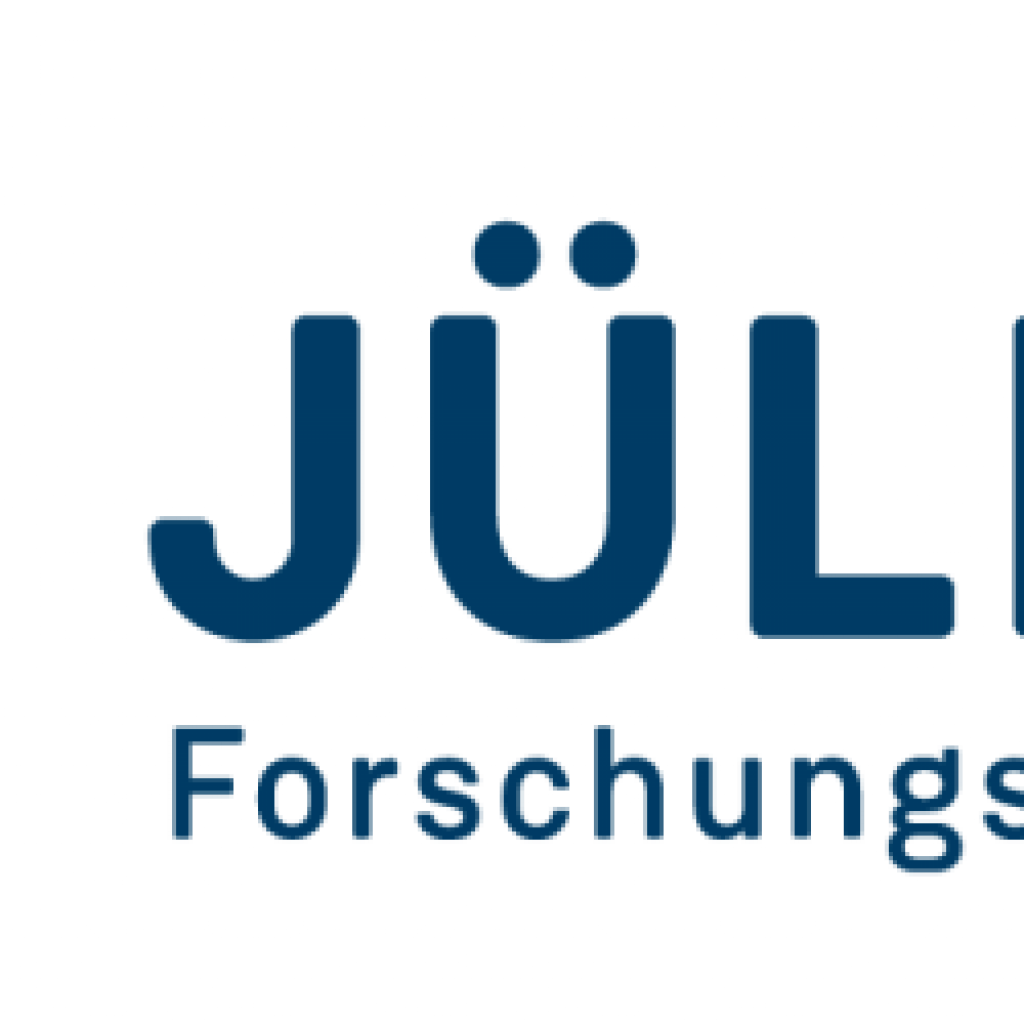(FZ.Julich.de) The quantum computer race is in full swing. Germany has long been one of the world leaders in basic research. An alliance between Forschungszentrum Jülich and the semiconductor manufacturer Infinion, together with institutes of the Fraunhofer-Gesellschaft (IAF, IPMS) as well as the Leibniz Association (IHP, IKZ), the universities of Regensburg and Konstanz and the quantum startup HQS, now aims to apply the results to industrial production. The goal is a semiconductor quantum processor made in Germany that is based on the “shuttling” of electrons and is to be achieved with technology available in Germany. The QUASAR project, which is funded with over 7.5 million euros by the Federal Ministry of Education and Research (BMBF), aims to lay the foundations for the industrial production of quantum processors over the next four years.
Google’s quantum chips and the experimental quantum computer in the European Quantum Flagship project, which is to go into operation this year at Forschungszentrum Jülich, are based on them. But when it comes to large numbers of qubits, semiconductor qubits may have the advantage.
“At Jülich, we are investigating both types of qubits, semiconductor-based and superconductor-based. There are strong synergy effects, for example, in the development of quantum software, component development and their integration into experimental computer architectures,” says Prof. Wolfgang Marquardt, Chairman of the Board of Directors of Forschungszentrum Jülich. “In the long term, we want to realize a freely accessible quantum computer for science at Jülich. The QUASAR project is an important step for this project – in combination with our other activities, such as the European Quantum Flagship or the research of quantum materials.”
“Quantum Shuttle” to Quantum Processor Made in Germany Launched with QUASAR Project
